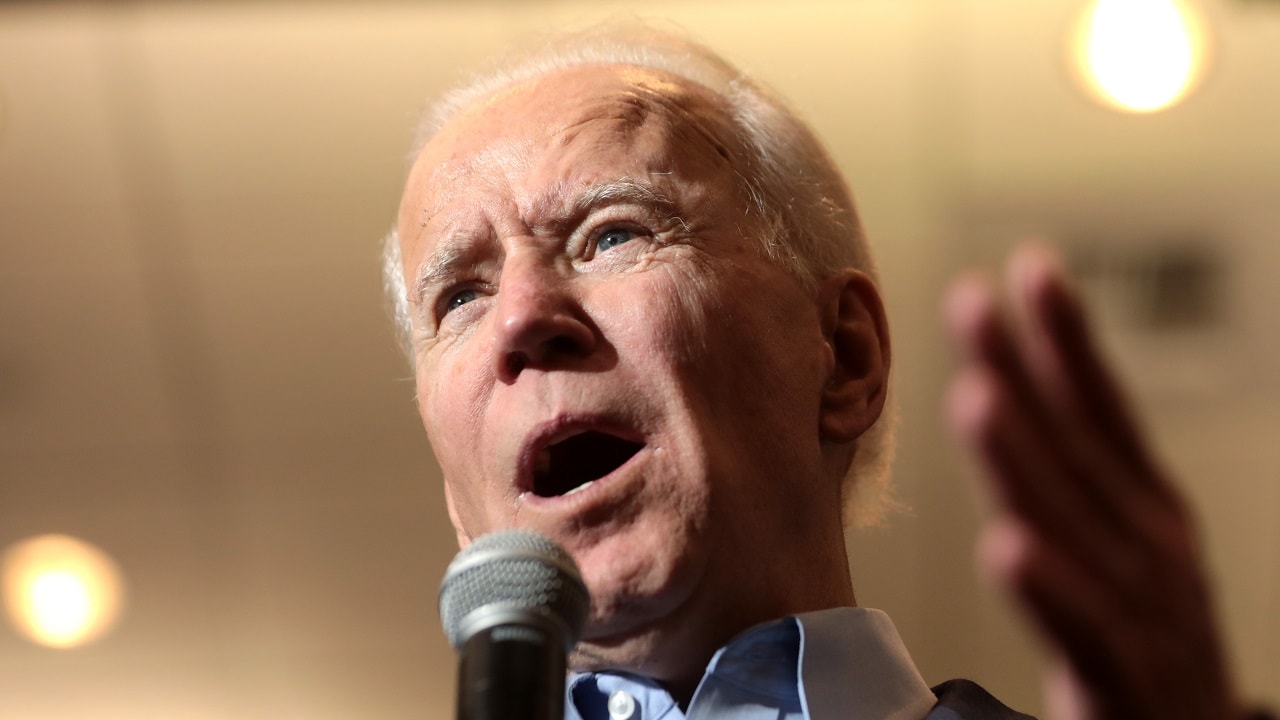Video of Secretary of State Antony Blinken grimacing is trending after President Joe Biden called Chinese leader Xi Jinping a dictator during a press conference yesterday. The conceit is to use long-time aide Blinken’s face to affirm what he would never say publicly: President Joe Biden’s age and dimming acuity lead him to high-profile gaffes.
The Age-Old Argument Continues
The president is no longer competent, his detractors say.
Biden may be senile and his delivery stumbling, but that does not mean he is wrong. Like Charlie Brown trusting Lucy to hold the football, Blinken may want to believe Xi’s reported about-face on the United States is sincere. He may also believe that calling the Chinese Communist Party general secretary a dictator violates diplomatic etiquette. Just as Climate Czar and former Secretary of State John Kerry counsels that ignoring genocide against the Uyghurs under the logic that standing up for their freedom, liberty, and, indeed, existence might be a diplomatic inconvenience, Blinken, and broader State Department culture assumes such language impedes rather than advances American diplomacy and policy.
Age May Be Wisdom – In This Case
Blinken and the culture he represents are wrong. Moral clarity matters. Xi knows he is a dictator. He governs China as a dictator and, indeed, brokers no dissent as a president or as general secretary of the Chinese Communist Party. As a man who has condemned tens of thousands – if not more – to their deaths, he has a thick skin. If Xi did not want to be called a dictator, then rather than chiding the messenger, the best advice for him would be that he not act like a dictator.
At issue is not politeness or etiquette, but rather national security and principle. To put lipstick on a pig and laud Xi as anything other than a dictator is to demoralize and betray those who struggle against him domestically and those in Taiwan, Japan, South Korea, Vietnam, Indonesia, and India, who may not seek an alliance with the United States, but see a grave and growing Chinese threat.
It also does the United States a disservice by encouraging the calibration of policy to fantasy rather than reality. This is a consistent problem within American diplomatic culture. It has blinded every president from George W. Bush to Biden about the threat Recep Tayyip Erdogan posed in Turkey. It led successive secretaries of State and national security advisors to believe that reformists in Iran were sincere. Wishful thinking convinced both Donald Trump and Biden that the Taliban could be partners in peace and against terrorism rather than just a misogynistic death cult.
Biden may not have coordinated his comments with Blinken, Jake Sullivan, or the other aides who run American policy in his name, even if not with his conscious consent. His aides and the foreign policy elite may consider such a blunt characterization of Xi’s governance a mistake or an insult. Instead, they should see it as an opportunity to reset American foreign policy to put reality and truth before fantasy and elision.
Now a 19FortyFive Contributing Editor, Dr. Michael Rubin is a Senior Fellow at the American Enterprise Institute (AEI). Dr. Rubin is the author, coauthor, and coeditor of several books exploring diplomacy, Iranian history, Arab culture, Kurdish studies, and Shi’ite politics, including “Seven Pillars: What Really Causes Instability in the Middle East?” (AEI Press, 2019); “Kurdistan Rising” (AEI Press, 2016); “Dancing with the Devil: The Perils of Engaging Rogue Regimes” (Encounter Books, 2014); and “Eternal Iran: Continuity and Chaos” (Palgrave, 2005).

